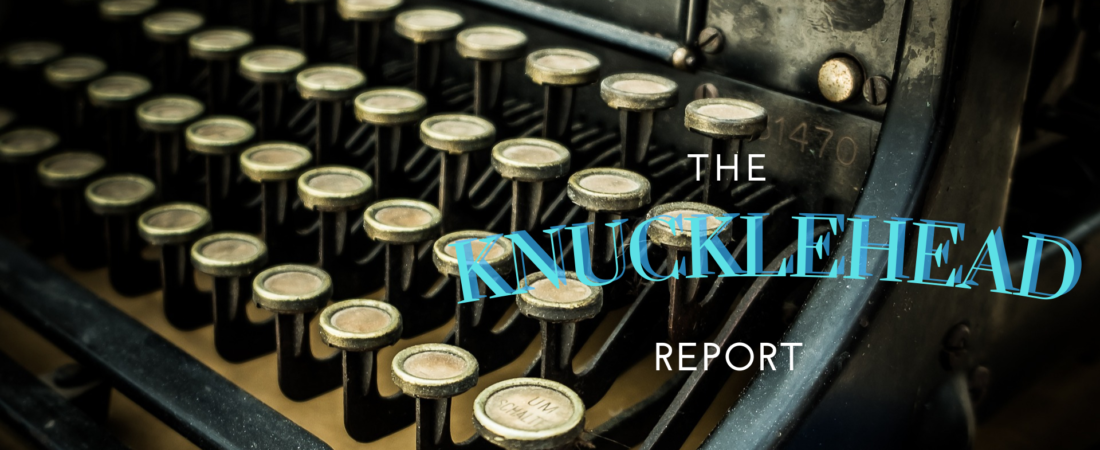BOOK REVIEW – High Fidelity by Nick Hornby
I’ll admit it: I had no idea who Nick Hornby was when I first picked up High Fidelity. I came to the book through the back door—the film adaptation had been one of my favorites for years. It had that perfect cocktail of sarcasm, self-loathing, and a soundtrack that made you feel like you had better taste in music than you actually did. So, imagine my disappointment when the book didn’t match up exactly. Yes, yes, I know the book is always different. I’ve made that speech to others plenty of times. Still, I was caught off guard.
But then something happened. I settled into Hornby’s rhythm. It’s dry. It’s sharp. It’s emotionally constipated in the best way. Once I stopped looking for John Cusack and started hearing Hornby’s voice, I got it. The snark, the obsessive cataloging of music and relationships, the neurotic inner monologues—it all clicked. I wasn’t just reading a book. I was digging through a mixtape of failed relationships, bad decisions, and great vinyl. And I was into it.
There’s a nostalgic joy in how Hornby weaves music into memory. Every album reference, every track list, feels like a personal confession. It’s less about the songs and more about who you were when you listened to them. That was the same magic I loved in the movie—just repackaged with a British accent and slightly less Jack Black.
If you’ve ever made a breakup playlist, argued about top five albums with someone who definitely didn’t ask, or spiraled into an existential crisis because someone didn’t like The Clash—this book is for you. You might even love it. Or at the very least, you’ll nod in recognition and feel slightly called out.
Second & Third Read: The Re-Discovery Tour
Everything I just rambled about still applies—but on re-reading, things got more interesting. I went in with different intentions. This wasn’t “Let’s see if this book is good.” It was “I already liked this, let’s see if it holds up.” Spoiler: it does. But in a way I didn’t expect.
The first time around, I missed a lot. I skimmed the surface—got the vibe, laughed at the quips, nodded at the heartbreak. But on a slower read, the details hit harder. Rob’s inertia, his avoidance, his maddening refusal to grow up—it all became more uncomfortable. Relatable, yes. But uncomfortable. The emotional core had more weight than I gave it credit for the first time. And that made me reassess what I thought was different between the book and movie. Turns out, they’re not at odds—they’re partners in crime. Different mediums, same miserable, endearing man-child at the center.
Naturally, I rewatched the film. “For research,” I told my wife. She rolled her eyes so hard I’m surprised they didn’t get stuck. She joined me anyway, even though she’s seen it roughly twelve times—ten of those probably against her will.
The credits rolled. She handed me the book.
“Reread, dear?” she asked, with that slightly sinister, all-knowing spouse smile.
I nodded. Sheepishly. Like a man who knows he’s about to read High Fidelity for the third time in a month and somehow turn it into a spiritual exercise.
After I finished the third round, she asked me to read some of my favorite parts aloud. I obliged. She shook her head and smiled like someone watching a car they love but know is a lemon. She particularly enjoyed the parts about Marie and Laura—especially the way it jogged her memory about my one-time fascination with a woman who ran a hot dog stand in the ’90s.
“What can I say?” I told her. “They were really good hot dogs.”
And maybe that’s what High Fidelity is at its core. A story about the people, places, and songs that get tied up in our personal mythology. Some of them are heartbreaks. Some are regrets. Some just served you a hot dog with the perfect ratio of mustard to bun. But they all meant something, once. Hornby doesn’t just get that—he lives in it. And if you’ve ever spent too long making a playlist or rewriting your past in your head, you probably do too.

